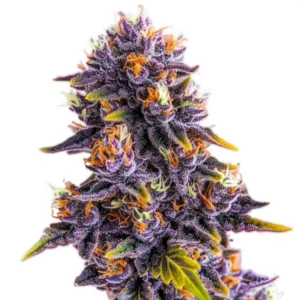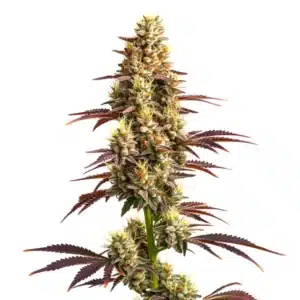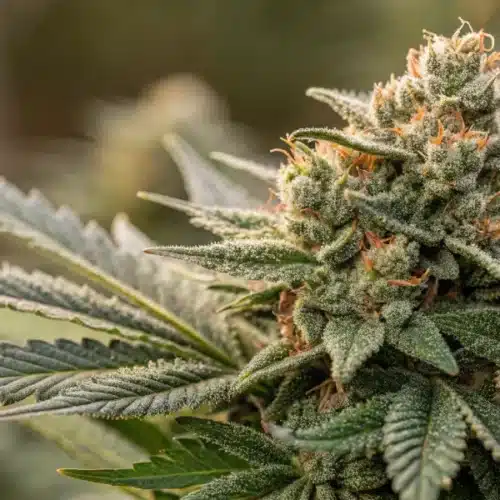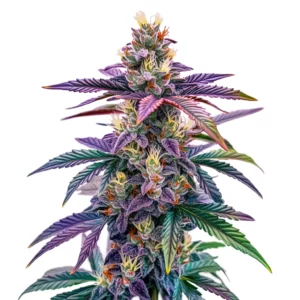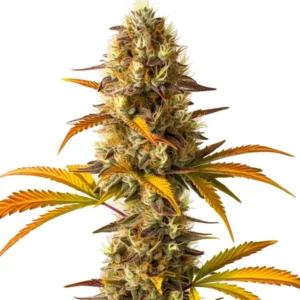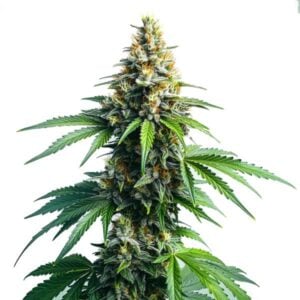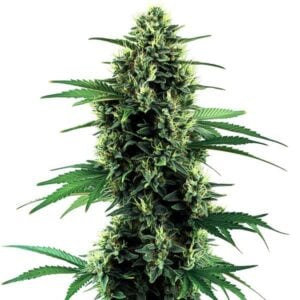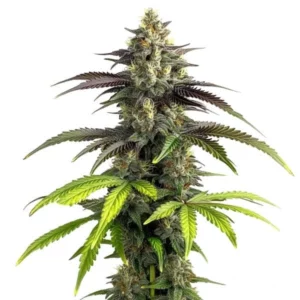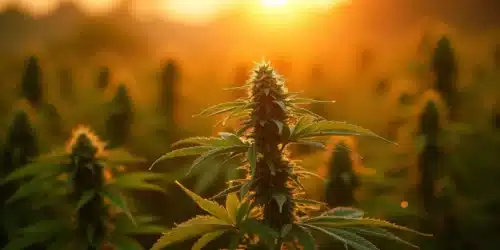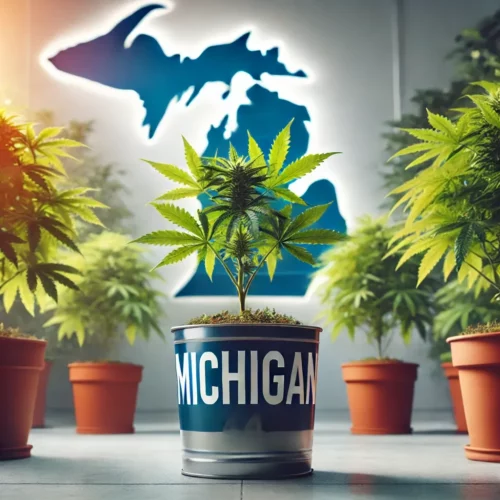During the growing season, the timing of flowering in cannabis plants is key for outdoor growers in Michigan. This state experiences varied weather patterns and climate conditions that significantly influence flowering times. Knowing when flowering begins can aid you in planning your cultivation strategy effectively.
Climate and Growing Conditions in Michigan
Michigan’s climate features a humid continental classification, leading to four distinct seasons. This pattern means that spring offers warmer and longer days, ideal for planting cannabis seeds. Typically, temperatures begin to rise around April, making it an optimal time to get those seeds into the ground.
As spring sets the initial scene, the summer months are vital for robust vegetative growth. During this period, your plants require ample sunlight and warmth. It’s crucial to keep an eye on local weather patterns. In Michigan, the risk of frost can linger into May, which might affect your outdoor planting schedule.
Promos & Deals
Optimal Times for Planting Cannabis Seeds
For many outdoor growers in Michigan, the best times to plant cannabis seeds fall between late May and early June. By this time, you can generally expect stable weather with minimal frost risk. Starting plants during this window allows them to grow strong and healthy before flowering begins.
Particularly for photoperiod varieties, the onset of flowering closely aligns with day length changes. As days start to shorten toward the end of summer, typically around late July or early August, plants begin to transition into the flowering phase. Being cognizant of these seasonal alterations can help maximize your yield.
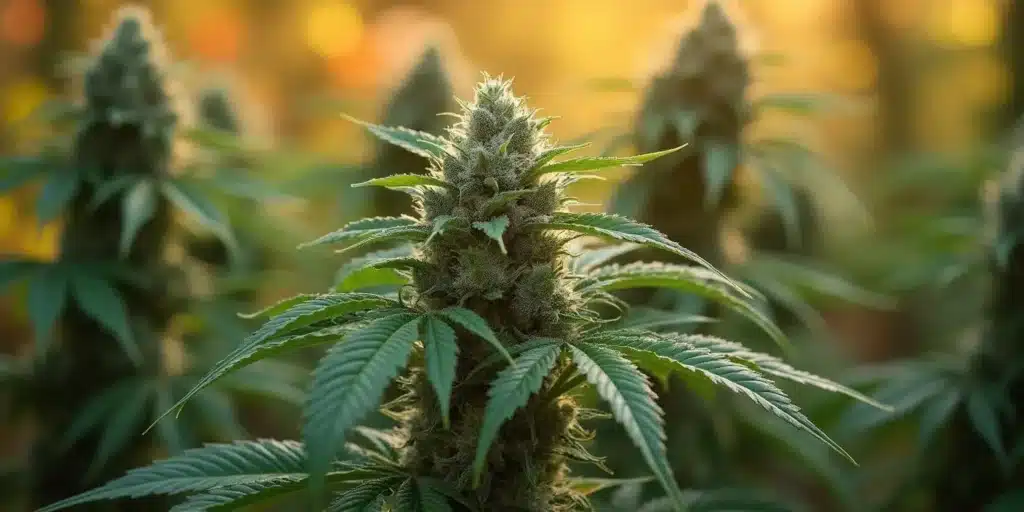
Factors Affecting Flowering Time
Several factors influence flowering times for outdoor cannabis plants in Michigan. The most significant factor is light exposure; most cannabis varieties will begin flowering when the length of daylight decreases to around 14 hours or less. The specific strain you’re cultivating can also provide valuable insights, as some strains are more sensitive to light changes than others.
Another critical factor is the local climate. Northern regions of Michigan may experience distinct light patterns and temperatures, which can shift flowering times. Soil health plays a vital role in plant growth and flowering. Rich, nutrient-dense soil can greatly enhance your plants’ performance.
- Soil Type: Well-draining, nutrient-rich soil promotes healthy growth and can enhance flowering.
- Sunlight: Ensure your plants receive sufficient direct sunlight each day for optimal growth.
- Water: Adequate watering is crucial, especially as flowering commences, to prevent stress on your plants.
Recommended Strains for Michigan Growers
If you’re growing cannabis outdoors in Michigan, several strains have proven to thrive under local climate conditions. Here are three excellent strains to consider:
- Blue Dream: Known for its balanced effects and fruity aroma, Blue Dream flourishes in Michigan’s summer heat and usually flowers in about 8 to 10 weeks.
- Girl Scout Cookies: This incredibly popular strain has a unique profile and can adapt well to Michigan’s changing seasons, typically flowering from late July to early August.
- Orange Bud: With vibrant flavors and a robust yield, Orange Bud is a fantastic option for outdoor growers looking for a rewarding season.
Best Practices for Monitoring Flowering Phases
As your plants transition into the flowering stage, close monitoring becomes essential. Identifying the early signs of flowering can help you adjust your care routine. Look for pre-flowers; these small, clustered buds appear at the leaf nodes and signal the arrival of the flowering phase.
Maintaining an ideal environment is crucial during this time. As flowering progresses, plants will exhibit denser foliage, which may lead to humidity issues. Ensuring proper airflow around your plants helps prevent mold and pests, both of which can be problematic in Michigan’s occasionally humid summer climate.
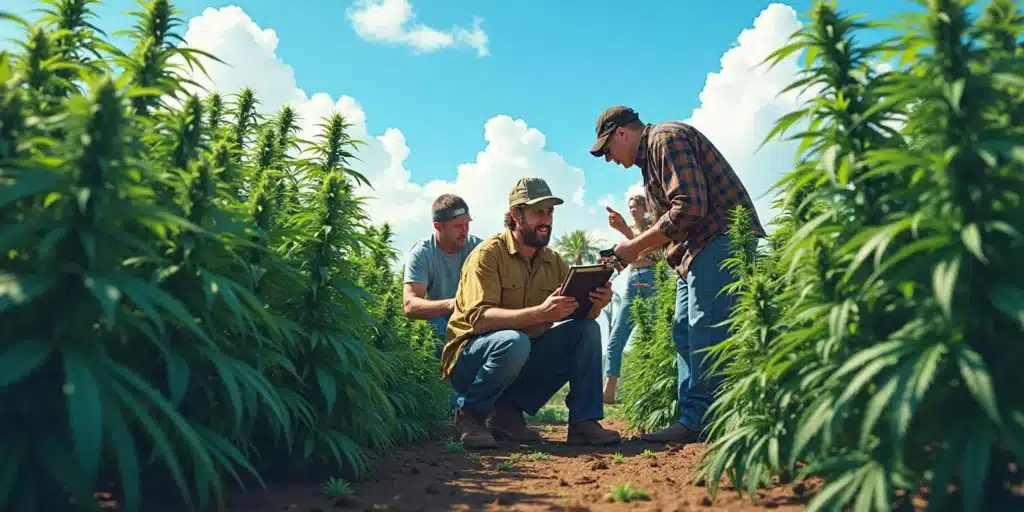
Common Challenges During the Flowering Phase
Outdoor growers in Michigan frequently encounter challenges during the flowering stage. One of the most prevalent issues is mold, particularly during late summer when humidity tends to peak. Mold can severely damage your yield. To counter this, consider trimming excess foliage to promote good air circulation around your plants.
Pests also pose significant challenges. Insects like aphids and spider mites thrive in warm summer months, often targeting flowering plants. Regularly inspecting your plants and implementing organic pest control methods can safeguard your crop and encourage successful harvests.
Harvesting Cannabis in Michigan
Once flowering starts, the countdown to harvest kicks off. Knowing when to harvest is just as crucial as understanding the flowering stage. Typically, outdoor cannabis in Michigan should be harvested in mid to late October. Plants will have developed trichomes that appear cloudy with some amber, indicative of optimal potency and flavor.
It’s beneficial to be vigilant for physical signs of maturity. Leaves may begin to yellow, and the buds will appear fuller. Each cannabis strain can have different harvest windows, so familiarizing yourself with the specific strains being cultivated helps in determining the right timing.
Tips for Successful Outdoor Growing
Achieving success in outdoor cannabis cultivation in Michigan is entirely possible with careful planning and attention to detail. Stay connected with local growers; they can offer invaluable insight and practical advice. Collaborating with fellow cultivators can provide tips for managing local pests and navigating the unique weather challenges that can vary year to year.
Consider keeping a growing journal to track your progress. Documenting planting dates, weather patterns, and pest interactions allows you to refine your approach over time, leading to improved results in future growing seasons.
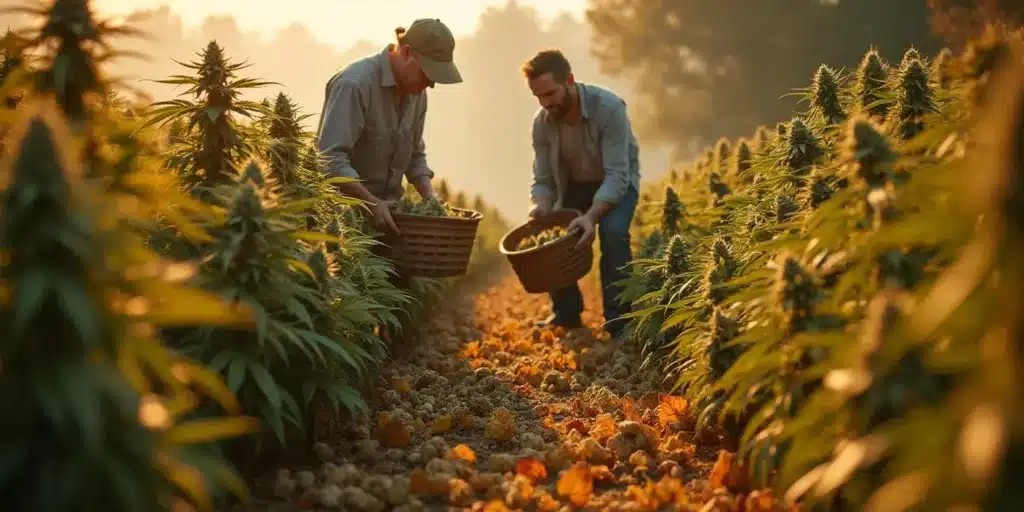
FAQs
When should I plant cannabis seeds in Michigan?
The ideal time to plant cannabis seeds in Michigan typically spans from late May to early June, following the last frost risk.
What environmental factors should I consider for flowering cannabis?
Critical factors include light exposure, soil quality, water availability, and managing humidity and pests, especially as flowering progresses.
How can I tell if my cannabis plants are ready to harvest?
Look for trichomes that appear cloudy with some amber on them. This coloration indicates peak potency and flavor. Additionally, check for yellowing leaves and swelling buds as signs of maturity.
Are there specific strains better suited for Michigan’s climate?
Indeed, strains like Blue Dream, Girl Scout Cookies, and Orange Bud have demonstrated resilience and impressive yields in the diverse climate conditions found throughout Michigan.


